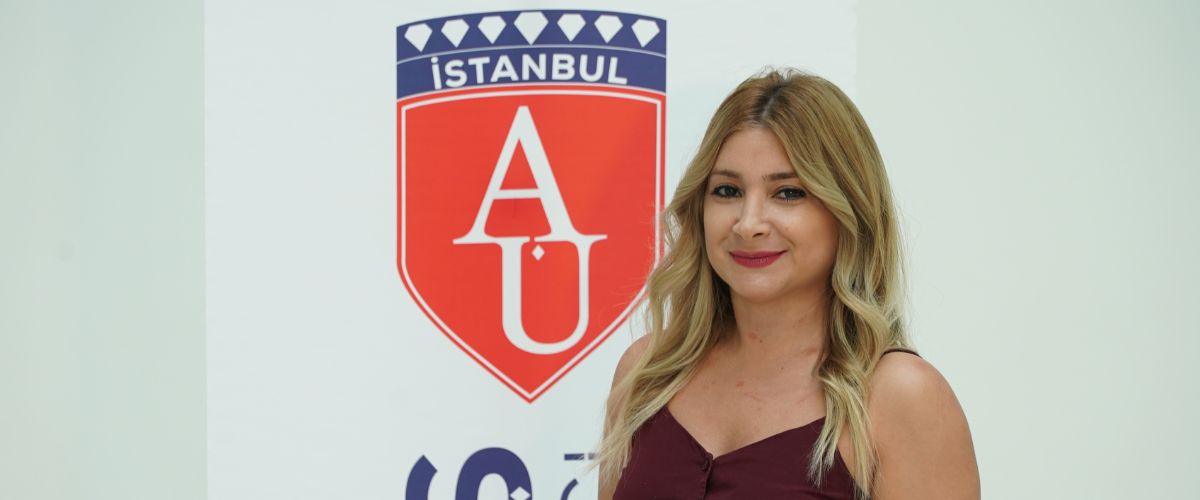Attention to Nutrition During Bayram
Özlem Karagöl, lecturer at Altınbaş University Vocational School of Health Services, gave warnings before the Feast of Sacrifice, which will be fed mainly meat.
Altınbaş University Vocational School of Health Services Lecturer Özlem Karagöl made health warnings before Eid al-Adha. Karagöl said that the biggest mistake made during the feast is not paying attention to the frequency of meals during the day, and stated that it will be possible to have a healthier feast with the measures that can be taken during this period.
Red meat and dessert consumption increases considerably during Eid. Stating that this situation can cause extra health problems especially in those with chronic problems such as heart disease, hypertension and diabetes, those with stomach problems such as gastritis, ulcers, elderly people and those who apply special nutrition therapy, Altınbaş University Vocational School of Health Services Lecturer Özlem Karagöl gave information about what to pay attention to during the feast and what precautions can be taken. Drawing attention to the stomach and digestive system problems that increase during the feast, Özlem Karagöl said, "We can protect your health with some small but effective nutritional measures."
"Prefer small and frequent meals. Prefer to eat your meat at noon"
Özlem Karagöl, who says that the biggest mistake is usually made by not paying attention to the frequency of meals, thinks that this rule should be paid attention to first. Karagöl emphasized that dinners should not be delayed and meal portions should not be increased, and stated that the time of meat consumption is important. Karagöl continued his words as follows:
"Even during the holidays, a nutrition plan should be implemented with 4 to 5 meals a day. Eating too much and late at night should be avoided. Red meat, which is difficult to digest, should be eaten at lunchtime, not at dinner, to avoid indigestion and bloating. In addition, care should be taken not to consume foods with high glycemic index such as rice pilaf, potatoes and pies with meat. Because indigestion and constipation complaints may be common during the feast, vegetable dishes or salads should be eaten with meat."
"Use different wood with vegetables, cook your meat neither too little nor too much"
Karagöl continued his warnings by saying, "Chopping raw vegetables and fruits should not be done on the cutting boards used in meat preparation," and also gave advice on the cooking method. Karagöl said,
"It is necessary to use separate boards to prevent microorganisms in raw meat from passing to vegetables and fruits. In addition, cooking and frying at very high temperatures for a long time should not be preferred as it will lead to the formation of various 'carcinogenic substances' and loss of vitamins such as B1, B12, folic acid. As harmful as burnt meat is, raw and undercooked meat is also harmful. Because some diseases from animals can be transmitted to the digestive tract with these meats. It can cause parasitic diseases. Therefore, make sure that you cook the meat well."
"Chew the meat well"
Karagöl reminded that meat should be chewed very well for digestion and said, "Digestion starts with chewing in the mouth. The better you chew your bites and the slower you eat your food, the easier your digestion becomes. Thus, the feeling of satiety occurs faster in the brain. Chew meat well against reflux, indigestion, gas pains, constipation complaints and weight gain."
It is possible to have a healthier holiday with these tips
Karagöl from Altınbaş University emphasized that offal consumption has also increased in general, so especially cholesterol patients and people at risk of cardiovascular disease should avoid offal consumption:
- Do not consume carbonated drinks and fruit juices with high sugar content with meat at meals. These drinks can trigger acid reflux, raise blood sugar levels and increase indigestion and bloating. Drink water and buttermilk instead.
-When the holiday falls on hot summer days, hygiene may be a bigger problem. Because food prepared under poor hygiene conditions threatens your health.
-Red meat is both a good source of protein and contains high levels of iron. In order to increase the bioavailability of iron in meat and to reduce the toxin effect of intensive meat consumption on the body, it would be the right choice to include a salad made with green leafy vegetables, which is a good source of vitamin C.
-Excessive meat consumption during the holiday may lead to an increase in salt intake. In addition, there may be insufficient water consumption. It is important to drink enough water to meet the body's water needs. Dehydration should be prevented by drinking plenty of water and the health of the digestive-excretory system should be supported. You should definitely drink 2-2.5 liters of water throughout the day.
-Consume chocolate and sweets unconsciously during the holiday. Excessive consumption of chocolate and sweets causes complaints such as heartburn and intestinal disorders. As an alternative to chocolate and sugar; dried fruits, walnuts, hazelnuts and nuts rich in vitamins and minerals and high in fiber content can be preferred.
-Without realizing it, we consume more tea and coffee than we should during the day, so we take too much caffeine into our body. Excess caffeine intake can cause health problems such as arrhythmia and palpitations. In addition, excess caffeine intake can also disrupt iron absorption in the body. Therefore, especially people with iron deficiency anemia should pay attention to their caffeine intake. Recent studies show a maximum daily caffeine intake of 400 mg. 1 cup of Turkish coffee contains 60 mg and 1 large cup of tea contains approximately 70 mg of caffeine.
-Changing eating habits and inactivity during the holiday may cause energy accumulation in the body and weight gain. Heart and diabetes patients should pay special attention to this issue. Therefore, physical activity should be increased.


